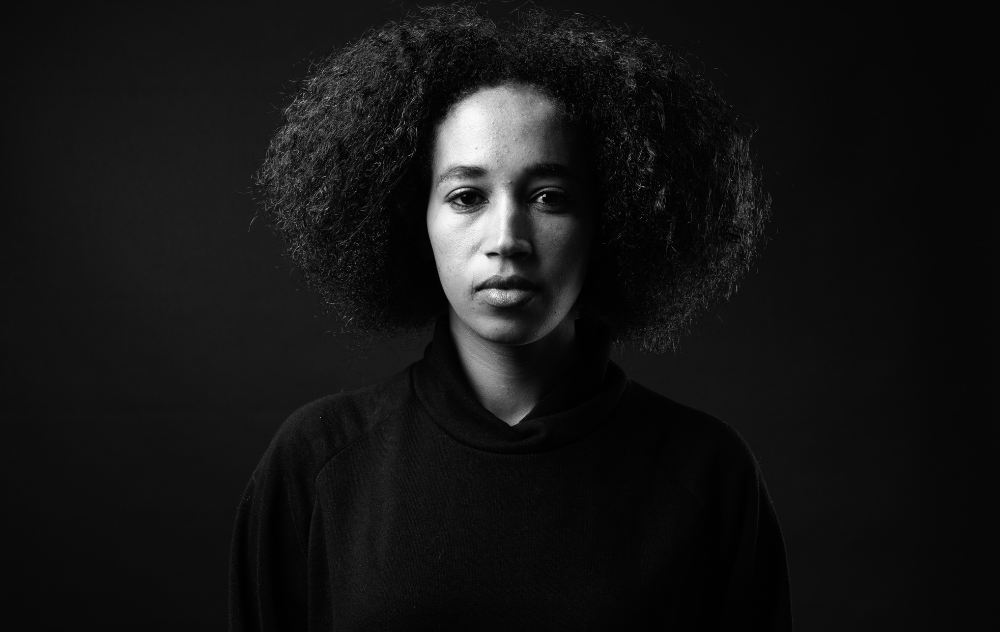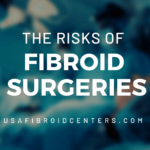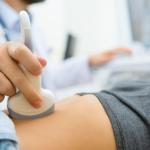
Are African-American Women More Likely to Get Fibroids?
Research has consistently shown that African American women are indeed more likely to develop fibroids compared to women of other racial backgrounds. Studies have indicated that up to 80 percent of African American women will develop fibroids by the age of 50, making it a prevalent health concern. While the exact reasons for this disparity are not fully understood, genetics, hormonal differences, and other factors may play a role.
Additionally, African American women often experience fibroids at an earlier age and have larger and more fibroids compared to women of other ethnicities. This increased prevalence underscores the importance of raising awareness and providing targeted healthcare initiatives for African American women to ensure early detection, timely treatment, and better management of fibroids. By addressing this health disparity, we can work towards reducing the impact of fibroids on the lives of African American women and promoting better reproductive health outcomes.
Is There a Lack of Fibroid Awareness?
The lack of fibroid awareness can result in a lack of open conversations about fibroids and their impact on reproductive health, leading to a decreased understanding of available treatment options and support services. This, in turn, may perpetuate disparities in healthcare access and outcomes. To address these challenges, it is important to increase fibroid awareness among Black women, promote culturally competent healthcare services, and facilitate open dialogues to empower them with knowledge and access to comprehensive care for better fibroid management.
“Awareness is critical for early detection, which is key to ensuring that women have a voice in their treatment options, ” said Dr. Yan Katsnelson, Founder and CEO of USA Fibroid Centers. “Too many women with fibroids are unaware that there are less invasive treatments than a hysterectomy that are highly successful.”

Fibroids are also the leading cause of hysterectomies for women seeking to relieve their uterine fibroid symptoms. The Centers for Disease and Prevention (CDC) reports that approximately 600,000 hysterectomies are performed in the United States each year- and fibroids top the list of reasons the surgery is performed.
The size and growth rates of fibroids are greater in African American women, and they are more likely to undergo surgical intervention than other racial groups. Approximately 42 per 1,000 women are hospitalized annually because of fibroids, but African American women have higher rates of hospitalization, myomectomies, and hysterectomies compared with white women.1
USA Fibroid Centers’ mission is to spread awareness and education about fibroid disease to help women learn about less invasive treatment options – such as uterine fibroid embolization (UFE).
Fibroid Risk Factors for Black Women
The higher prevalence of black women being affected by fibroids significantly highlights the importance of understanding the specific risk factors that contribute to fibroids in African American Women.
Black women are more likely to:
- Be affected at earlier ages
- Experience a delayed diagnosis
- Develop a greater number of fibroids
- Have fibroids with higher growth rates
- Hospitalized due to fibroids
- Require blood transfusion because of heavy bleeding
- Treat fibroids with surgical intervention
- Have complications from fibroid surgery
Why Do Black Women Get Fibroids More Frequently?

Researchers have found several elements that are linked to this disparity, though no cause has been identified. Here are some of the leading theories as to why fibroids in black women seem more prevalent:
- A genetic element may increase this tendency among Black-American women.
- Several studies suggested that women with fibroids experience greater overall lifetime stress, which may be a trigger.
- Some evidence suggests environmental factors, such as diet may increase the risk of why people develop fibroids.
- Another study indicated black women with fibroids have a Vitamin D deficiency due to darker skin.
- A study of more than 23,000 black women found an increased risk of fibroids among those with the longest and most frequent use of hair relaxers.
African American women are more likely to develop fibroids more frequently compared to women of other racial backgrounds due to a combination of genetic, hormonal, and socioeconomic factors. Genetic predisposition plays a significant role, as fibroids tend to run in families, and certain gene variations may increase the risk of fibroid development in African American women. Hormonal differences also contribute, as fibroids are hormone-sensitive growths that thrive in response to estrogen and progesterone.
African American women tend to have higher estrogen levels and longer menstrual cycles, creating a favorable environment for fibroid growth. Moreover, socioeconomic factors such as limited access to health care, disparities in healthcare quality, and delayed medical care may contribute to the increased prevalence of fibroids in this population. Addressing these multi-factorial causes through targeted research, improved access to healthcare, and increased fibroid awareness can help reduce the burden of fibroids in African American women and improve their reproductive health outcomes.
Resources for Uterine Fibroids
By offering accessible and reliable resources for fibroid education, we can empower individuals to take charge of their health, seek timely medical care, and make informed decisions to effectively manage fibroids and improve their overall well-being.
- Frequently Asked Questions (FAQs)
- Blog
- Treatment Information
- USA Fibroid Centers Brochure
- UFE Vs. Hysterectomy
- Pregnancy and Fibroids
- Fibroid Ambassadors
- Fibroid Related Videos
- Sign Up for Our Newsletter
- Follow USA Fibroid Centers on Instagram
- Testimonials
About USA Fibroid Centers
USA Fibroid Centers has earned a reputation as a leader in uterine fibroid embolization (UFE) or uterine artery embolization (UAE), by prioritizing patient needs and concerns and recognizing the importance of personalized care. We offer this same experience at all of our outpatient treatment clinics nationwide.
If you believe you have uterine fibroids or if you want to know more about Uterine Fibroid Embolization, give us a call today at 855.615.2555. Our on-site representatives are happy to answer any questions you may have regarding insurance, treatment cost, doctor availability, or setting up an appointment. We also offer safe and easy online scheduling.
Blog Resources
1. https://www.ncbi.nlm.nih.gov/pmc/articles/PMC3874080/



